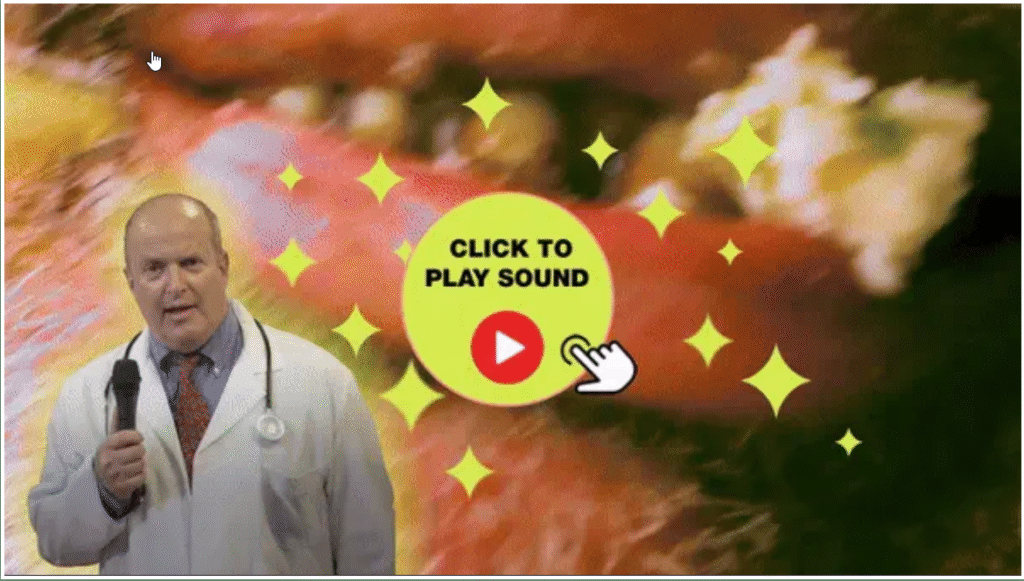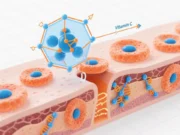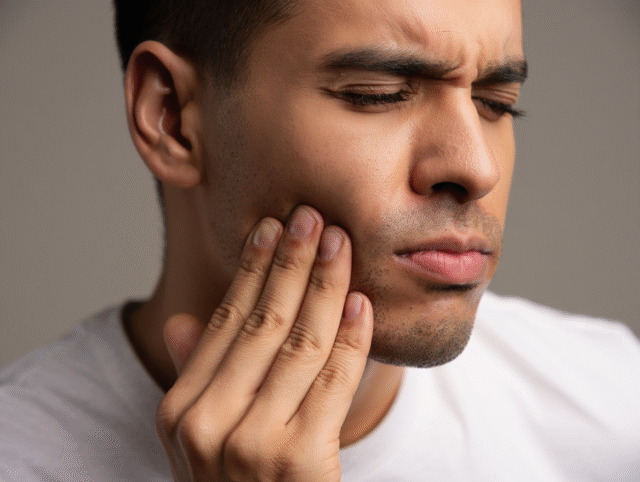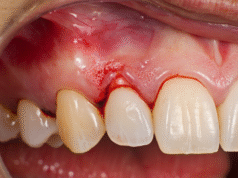Bleeding when you brush. Puffy, sore gums. Bad breath that won’t quit. These aren’t just annoyances — they can be early signs of gum disease.
The good news? Alongside professional dental care, there are natural remedies you can use at home to ease inflammation, kill bacteria, and protect your gums. And unlike internet “hacks” that actually harm your mouth, these are backed by science.
Why People Turn to Home Remedies for Gum Disease
Dentist visits can feel daunting — financially, emotionally, even logistically. So it’s no surprise many people look for natural options they can try at home.
But here’s the reality: home remedies work best in the earliest stage (gingivitis). Once gum disease advances to periodontitis — where bone loss begins — only professional treatment can stop progression.
Think of natural remedies as daily support, not a cure‑all. Used correctly, they can soothe your gums, reduce harmful bacteria, and complement dental care.
8 Science‑Backed Natural Remedies
1. Salt Water Rinse — A Natural Antiseptic
Salt water is one of the oldest and safest remedies for gum irritation. It draws out infection, reduces swelling, and makes it harder for bacteria to thrive.
How to use it: Dissolve ½ teaspoon of salt in a cup of warm water. Swish around your mouth for 30 seconds, then spit. Use 2–3 times a day.
Evidence: Studies show saline rinses reduce gum bleeding and inflammation when used regularly.
Source: NIH – Saline Rinse and Periodontal Health
2. Oil Pulling — Traditional Practice With Promising Results
Used for centuries in Ayurvedic medicine, oil pulling involves swishing oil (usually coconut or sesame) in your mouth for 10–20 minutes.
Why it works: Coconut oil contains lauric acid, which has antibacterial effects.
Evidence: Research shows oil pulling may reduce plaque and gingivitis — though results aren’t as strong as conventional treatments.
Source: Journal of Indian Society of Periodontology
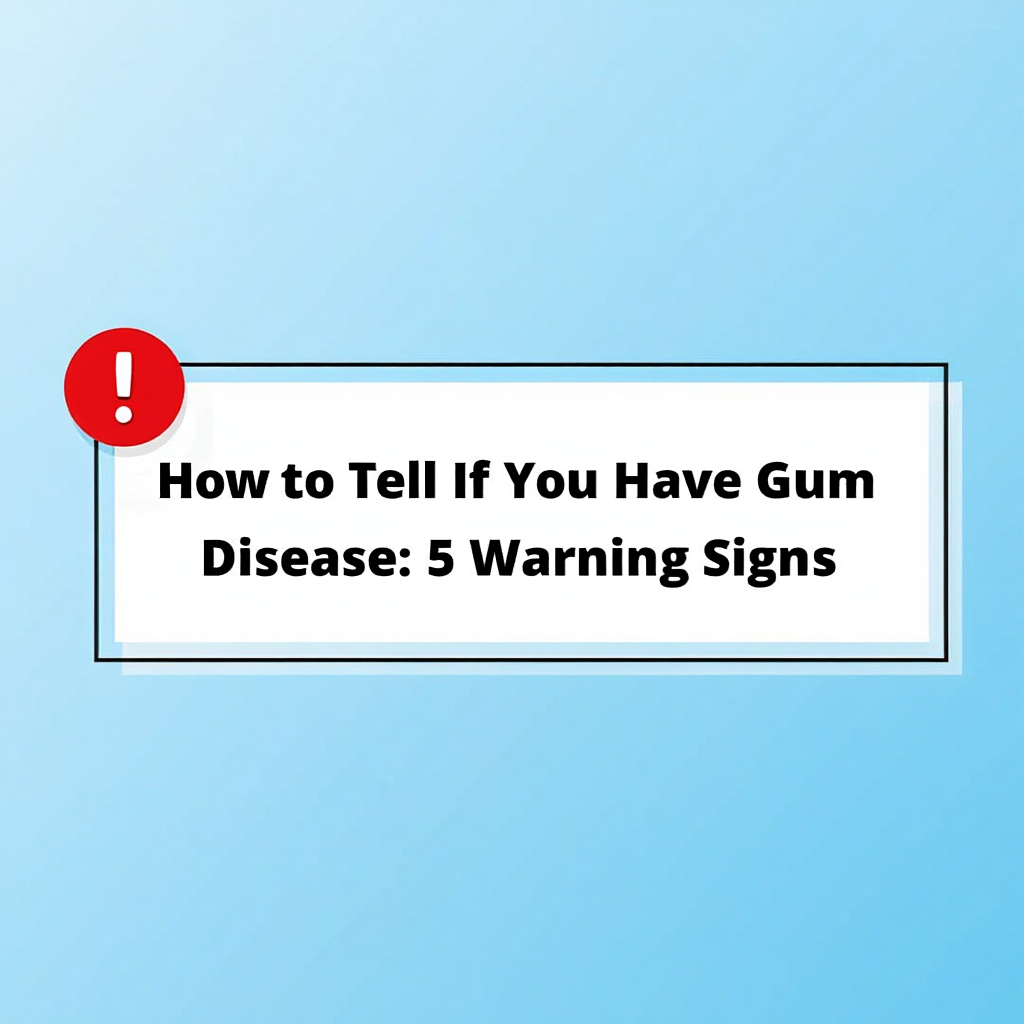
3. Green Tea — Antioxidants for Healthier Gums
Packed with catechins (antioxidants), green tea fights inflammation and helps your body control bacterial infections.
Evidence: Drinking green tea daily has been linked to improved gum health and reduced bleeding. In Japan, studies show regular green tea drinkers had significantly better periodontal health.
Source: Journal of Periodontology
4. Aloe Vera Gel — Nature’s Soothing Anti‑Inflammatory
Aloe vera isn’t just for sunburns. Applied as a gel or used in a mouth rinse, it reduces gum irritation and bacterial buildup.
Evidence: Clinical trials show aloe vera mouth rinse is as effective as chlorhexidine (a common medicated rinse) in reducing plaque and inflammation.
Source: PubMed – Aloe Vera and Periodontal Health
5. Tea Tree Oil — Natural Antibacterial (Use with Caution)
Few plants are as powerfully antibacterial as tea tree oil.
How to use safely: Only as a diluted rinse (never swallow) or in toothpaste with tested, safe formulations. Never apply raw oil directly to gums — it can cause burns.
Evidence: Studies support its ability to reduce gingival inflammation, though more long‑term research is needed.
Source: Clinical Microbiology Reviews
6. Turmeric — The Golden Spice for Inflammatio
Curcumin, turmeric’s active compound, has strong anti‑inflammatory and antimicrobial properties.
Evidence: Turmeric gel applied to gums significantly reduced plaque and gingivitis, sometimes performing as well as chlorhexidine rinse without the side effects.
Source: National Library of Medicine
7. Omega‑3s — Healthy Fats That Protect Gums
Omega‑3 fatty acids (EPA and DHA) reduce chronic inflammation in the body, including gums. They also support wound healing.
Evidence: Studies suggest regular omega‑3 intake lowers the risk of periodontitis and may improve response to gum treatments.
Source: Journal of Dental Research
8. Vitamin C — Essential for Gum Healing
Vitamin C helps make collagen, which keeps gums strong and repairs damaged tissue. Deficiency can lead to bleeding gums and slow healing.
How to get it: Citrus fruits, berries, bell peppers, broccoli, or supplements if your diet is lacking.
Evidence: Low vitamin C intake is strongly associated with gum bleeding and periodontal disease progression.
Source: Nutrition Reviews
Remedies That Don’t Have Strong Evidence
Not everything you see on TikTok or wellness blogs is safe:
- Charcoal toothpastes: Abrasive, can damage enamel.
- Apple cider vinegar rinses: Highly acidic — can erode enamel and worsen sensitivity.
- Hydrogen peroxide (overuse): While diluted peroxide can reduce bacteria, frequent use irritates tissues and disrupts oral microbiome.
Stick with science‑backed options.
When Home Remedies Aren’t Enough
If you notice:
- Persistent bleeding gums
- Loose or shifting teeth
- Pus around gums
- Pain when chewing
It’s time to see a dentist immediately. Home care alone cannot reverse periodontitis. Professional scaling, antibiotics, or even surgery may be needed.
Practical Tips to Boost Gum Health at Home
- Brush twice daily with fluoride toothpaste, using gentle circular motions.
- Floss or water‑floss daily to break up bacteria between teeth.
- Eat a gum‑friendly diet: high in vegetables, low in added sugar.
- Cut smoking and alcohol, both of which fuel gum disease.
- Manage stress and sleep — stress weakens your immune defense.
The Bottom Line
Science does support several natural remedies — salt water, green tea, aloe, turmeric, omega‑3s, and others. They can reduce bacteria, lower inflammation, and keep early gum disease from progressing.
But remember: gum disease is sneaky. These remedies are helpers, not substitutes. For lasting oral health, combine daily home care with regular dental visits. That’s the true “natural cure” for a healthy smile.
